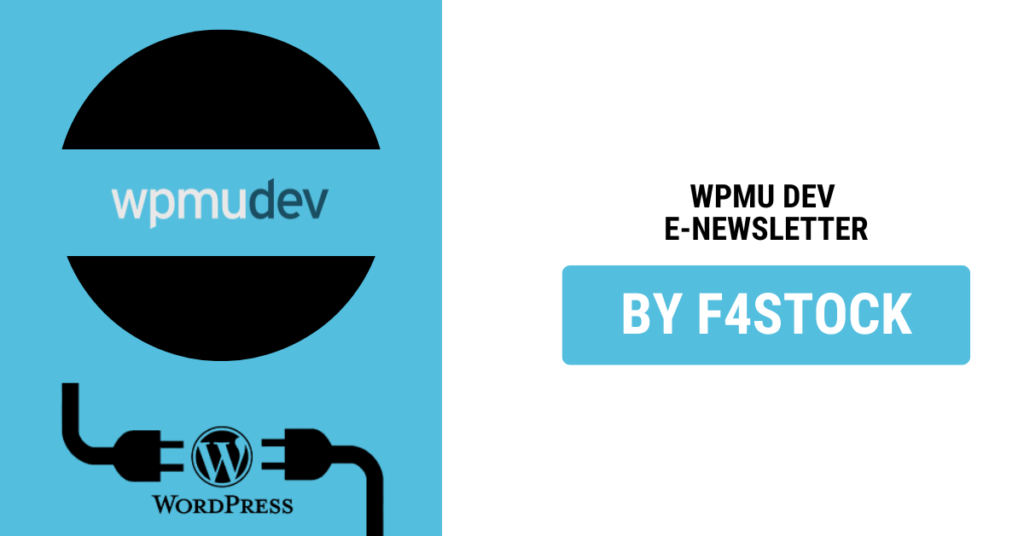A slow website can lead to higher bounce rates, lower search engine rankings, and lost revenue. If you want to keep your WordPress site running at peak performance, you need to implement smart optimization strategies. In this blog, we’ll cover expert tips to help you enhance your site’s speed, security, and overall efficiency.
1. Choose a High-Performance Hosting Provider
Your hosting provider plays a crucial role in your website’s speed and performance. Opt for a reputable managed WordPress hosting service that offers high-speed servers, optimized caching, and built-in security features. Some popular choices include:
- WPMU DEV Hosting
- SiteGround
- Kinsta
- WP Engine
2. Use a Lightweight and Fast Theme
A bloated theme with excessive features can slow down your website. Choose a lightweight and well-coded theme such as GeneratePress, Astra, or OceanWP. These themes are optimized for speed and provide a solid foundation for performance improvements.
3. Optimize Images for Faster Loading
Large image files can drastically slow down your website. Use image optimization plugins like Smush, ShortPixel, or Imagify to compress and optimize images without losing quality. Additionally, consider using WebP format for better performance.
4. Enable Caching
Caching stores static copies of your website’s pages, reducing the need to load data from the server every time a user visits your site. You can use caching plugins like:
- WP Rocket
- W3 Total Cache
- WP Super Cache
- Hummingbird (by WPMU DEV)
5. Minify CSS, JavaScript, and HTML
Minifying your website’s code removes unnecessary spaces, comments, and characters to reduce file size and improve loading speed. Plugins like Autoptimize and Hummingbird can automate this process for you.
6. Use a Content Delivery Network (CDN)
A CDN distributes your website’s content across multiple servers worldwide, ensuring faster load times for visitors from different locations. Popular CDN services include:
- Cloudflare
- StackPath
- KeyCDN
- BunnyCDN
7. Reduce Plugin Bloat
Having too many plugins can slow down your website. Regularly audit your plugins and remove any unnecessary or outdated ones. Stick to well-coded and regularly updated plugins that serve essential functions.
8. Optimize Your Database
Over time, your WordPress database can accumulate unnecessary data, such as post revisions, spam comments, and transient options. Use plugins like WP-Optimize or WP-Sweep to clean up and optimize your database regularly.
9. Implement Lazy Loading
Lazy loading ensures that images and videos load only when they come into the user’s viewport, reducing initial page load time. You can enable lazy loading using plugins like Smush or Lazy Load by WP Rocket.
10. Keep WordPress, Themes, and Plugins Updated
Regular updates not only improve security but also enhance performance by fixing bugs and optimizing code. Ensure that your WordPress core, themes, and plugins are always up to date.


